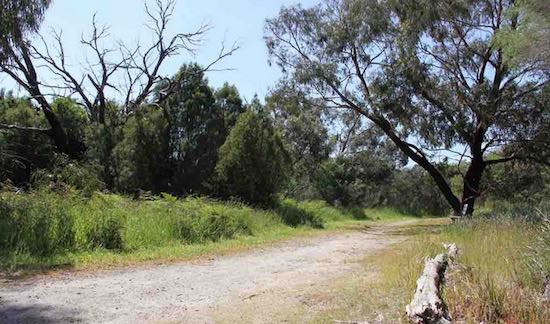 If you live in a remote area of Victoria the government will subsidies your off-grid fuel needs …and help out their mates in the fossil fuel industry.
If you live in a remote area of Victoria the government will subsidies your off-grid fuel needs …and help out their mates in the fossil fuel industry.
However they won’t help you out if you want to have an all electric home powered by solar and batteries. The question is why not?
It is a superior option, so why doesn’t it receive the same subsidy?
Off-grid concessions are available to people in certain circumstances such as pensioners and other concession holders. These concessions consist of subsidies for Liquefied petroleum gas (LPG), Firewood, cooking and heating oil and generator fuel (i.e. petrol or diesel).
What you will not receive a subsidy for, however, is the far superior option of living in a house where all the services are electric and your energy comes from batteries that are charged by either solar and/or micro hydro/wind.
So, in summary, if you are eligible for an off grid concession and you power you home with fossil fuels you will receive a 21%-48% discount on your fuel.
If you power your off-grid home with solar you will receive a discount of exactly 0%.
The Victorian government really needs to get its priorities right. They claim to be pro-renewable and serious about climate change and to be fair they have made some moves in the right direction. But when it comes to eliminating hidden subsidies for fossil fuels they have a very long way to go.
The reality is, the fossil fuel industry is massively subsidised around the world and the fossil fuel discount for off-grid concession holders is but one example, however it is an issue that should be easy to fix.
Solar and batteries are a superior option for remote household that are off grid, it should receive the same subsidy as fossil fuel options at the very least.
WE suggest that an upfront capital subsidy be offered equivalent to the warranted period of the battery and inverter. A high quality product such as the Selectronic SP Pro offers 10 years of warranted operation. So therefore 10 years of fuel equivalent could be deemed upfront.
An offgrid generator customer may use 3000L of fuel at $1.50/L so they are effectively being offered a subsidy of around $1350 per year.
A system replacing most fuel use should then receive a 10 year upfront subsidy of $13,500 which would significantly reduce the cost of an entry level system which costs $30000+ In addition a low interest loan should be offered to help people in this off-grid scenario.
Pure Electric for all electric homes is a supplier of Off Grid solutions utilising high quality products with long warranties including the Australian Made (83% local content) SP Pro, LG Chem RESU and LG Chem Rackmount solutions.
Authors: Matthew Wright and Paul Szuster, Directors of Pure Electric.
This article was originally published on RenewEconomy’s sister site, One Step Off The Grid, which focuses on customer experience with distributed generation. To sign up to One Step’s free weekly newsletter, please click here.








